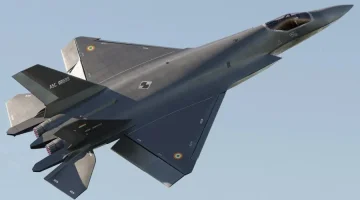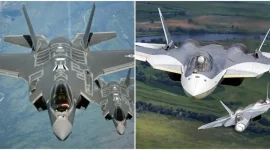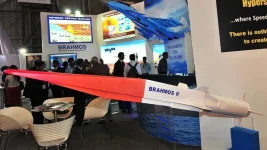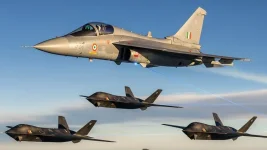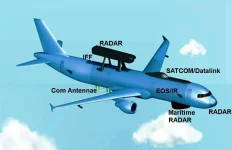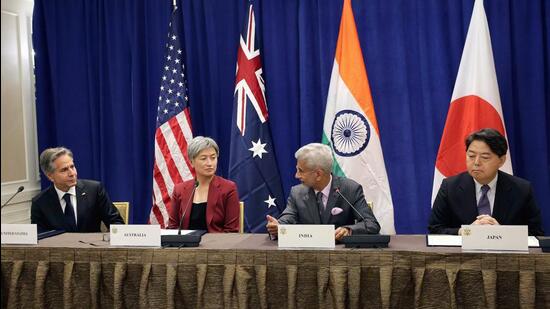
India is set to advance its Indo-Pacific agenda at the upcoming Quad foreign ministers meeting in Tokyo at the end of July.
The meeting, the first since September 2023, will be a crucial platform for addressing key regional concerns, including China's growing maritime presence in the East and South China Seas, North Korea's nuclear and missile programs, and the ongoing tensions between the Philippines and China in the South China Sea. The situation in the Taiwan Strait may also be a focus of discussion.
External Affairs Minister S Jaishankar will represent India at the meeting, which will also be attended by his counterparts from the US, Japan, and Australia. This will mark their first meeting since Prime Minister Narendra Modi's visit to Moscow, a move that has drawn criticism from the Biden administration and caused unease in Australia. However, Japan has maintained its usual silence on the matter, respecting India's foreign policy choices.
Ahead of the Quad meeting, Jaishankar will participate in the India-ASEAN and East Asia Summit (EAS) foreign ministers' meet in Laos, the current ASEAN and EAS chair. These meetings provide an opportunity for India to strengthen its engagement with Southeast Asian nations and further solidify its position in the Indo-Pacific region.
The Quad meeting holds particular significance as it follows recent discussions between the National Security Advisors (NSAs) of India and the US, who addressed Quad-related engagements during a telephonic conversation. This high-level interaction underscores the importance of the Quadrilateral Security Dialogue (Quad) as a mechanism for cooperation and coordination among its member states in addressing regional challenges.
The Quad meeting is expected to yield concrete outcomes in areas such as maritime security, infrastructure development, cybersecurity, and counterterrorism. It will also reaffirm the Quad's commitment to a free, open, and inclusive Indo-Pacific region, where the rule of law and international norms are upheld.
As India takes the lead in driving the Indo-Pacific agenda at the Quad meeting, it will be closely watched for its ability to navigate complex geopolitical dynamics and forge consensus among its partners on critical issues facing the region.

